As people pay more and more attention to water quality safety, more and more factories start to choose large-flow water filter elements when purchasing household water filters. Compared with the traditional low-flow water filter, the large-flow water filter has a higher water purification speed and a longer service life, but there are also some common questions and problems for users. In this FAQ article, we will answer some common questions about high-flow water filter elements to help users better understand high-flow water filter elements and their use.

Filter cartridges should be replaced when they can no longer adequately filter contaminants from the water. This is evident by: Deteriorating taste of purified water
Reduced purification output.Indicator light signaling replacement needed.Typically replacement is required every 6-12 months.
Yes, flushing removes chlorine and residue from the new cartridge to restore normal water taste. It usually takes 20-30 minutes.
Should the first batch of water through a new cartridge be discarded?
It's advisable. New cartridges may contain chlorine and residue, so the first flush of water may contain these.
The correct storage method is:Remove from packaging. Store in a cool, dry place. Avoid direct sunlight and high temperatures.
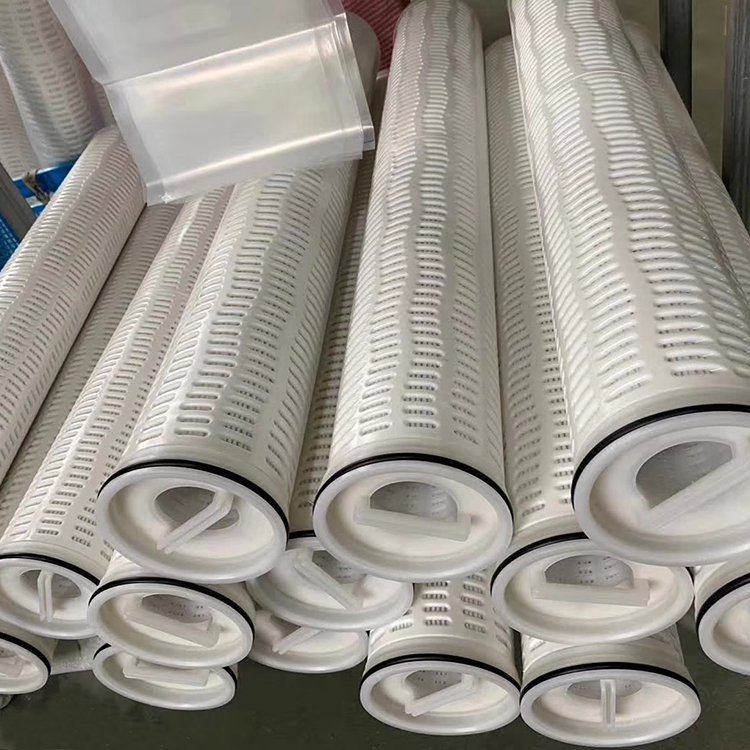
Most manufacturers design cartridges with a 1-2 year lifespan. After 2 years, filtration performance decreases though filters still work.
Yes. If the water source is dirtier or the filter is used more frequently, cartridges will need replacing more often.
Noticeably reduced purified water output
Deteriorating taste of purified water
Reduced water pressure
Indicator light signals replacement
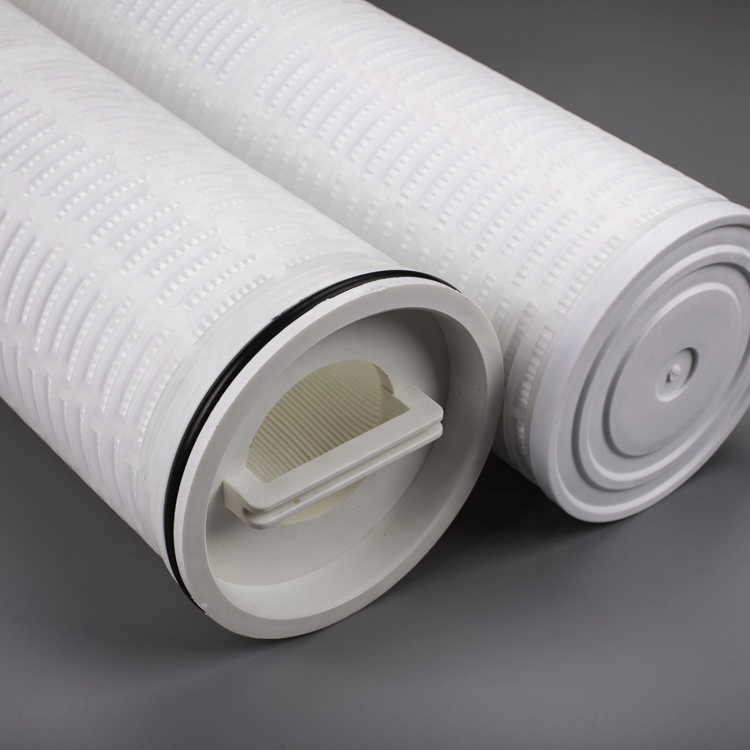
Sediment filters should be changed every 6-12 months or sooner if the water flow decreases significantly.
Carbon filters need replacing when they can no longer reduce chlorine levels or odors in the water. Signs include:Chlorine taste/smell returns. Water tastes/smells unpleasant again. Indicator light signals replacement.
It's a good idea to rinse new filters before installation to remove any loose carbon fines or dust. Run water through the filter for 1-2 minutes before use.
It takes about 30-50 gallons or 2-4 tankfuls for a new filter to treat the initial volume of water and become fully effective. Discard this initial flush water.
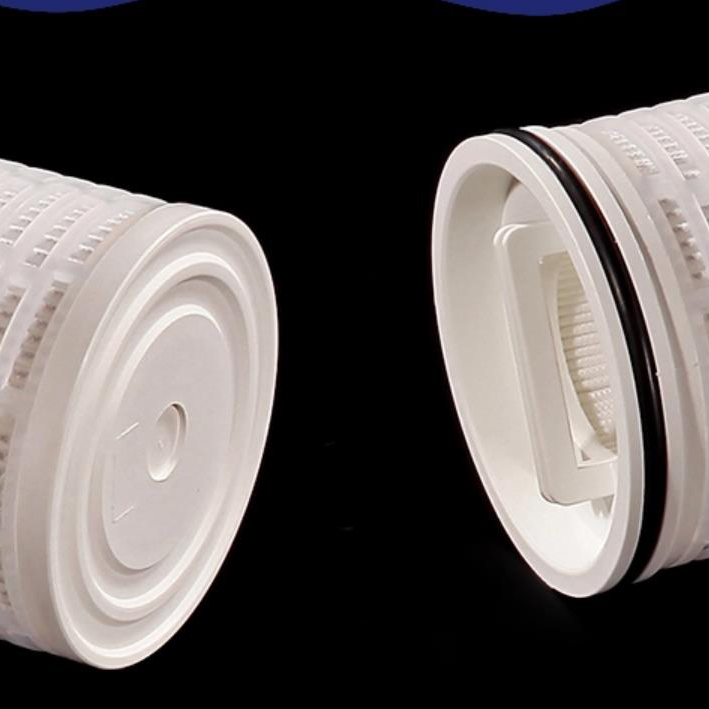
Whole house filters should be changed every 6-12 months for the best performance and water quality. The exact lifespan depends on factors like water usage and water quality.
Reduced water pressure.Diminished water flow from faucets and appliances.Deteriorating taste, smell or appearance of water. Indicator light signals replacement.
Yes, filter cartridges do eventually expire even if they are not used. The carbon block and and other media inside the filter cartridge degrades over time, even when sitting on the shelf. Most manufacturers rate their filters for a 1-2 year lifespan.
Some filter cartridges, especially those used in whole house filtration systems, require priming after installation to remove air trapped inside. This involves turning on the system and letting water run through the empty filter for a minute or two. Check the manufacturer's instructions for your specific filter system.
Some filters, especially those with an additional rust-removing component, can help reduce rust particles in water. However, filters alone typically cannot fully remove dissolved iron causing water to appear rust-colored. A separate treatment system may be needed.
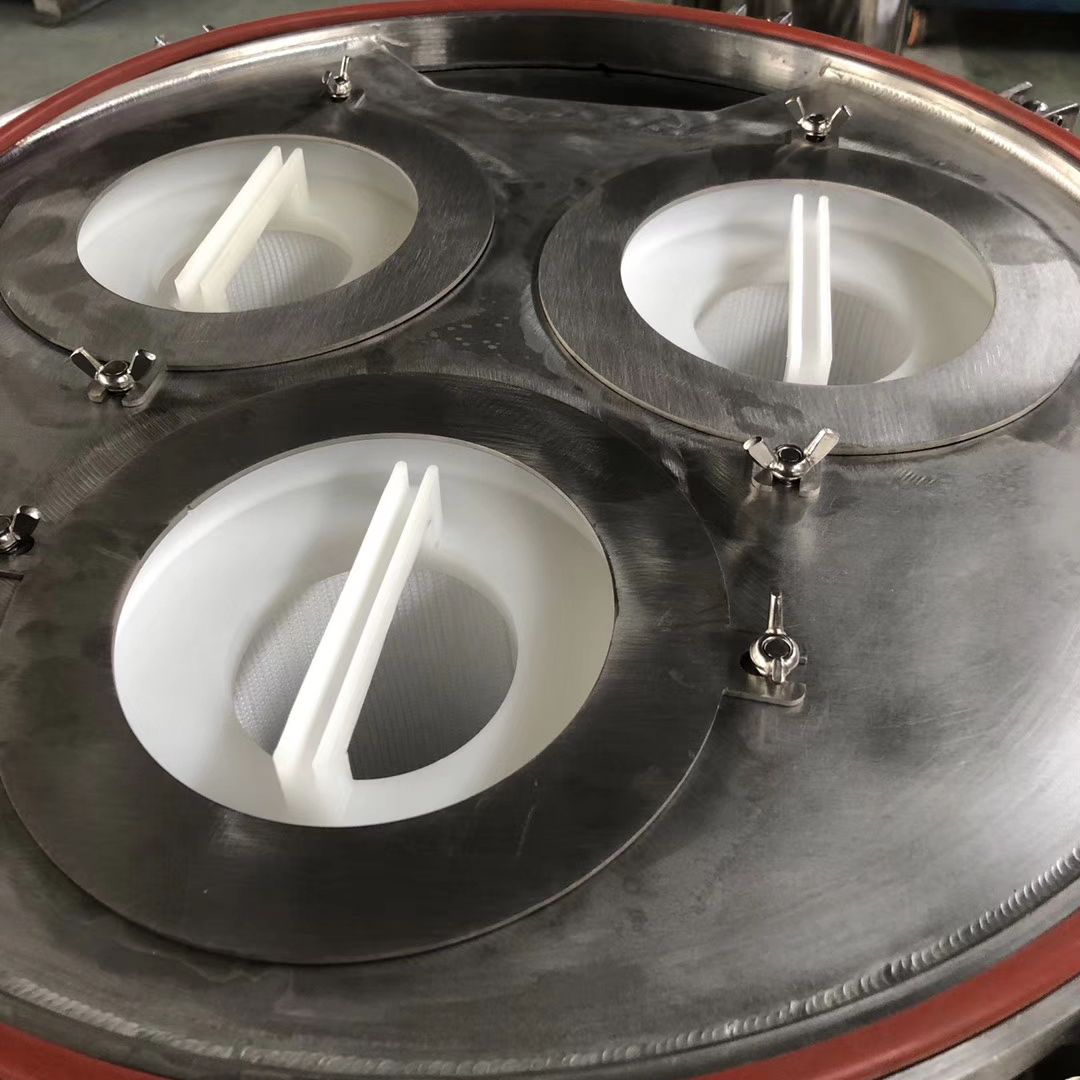
Yes, all types of filter media - including carbon filters, sediment filters and softeners - can grow bacteria over time. This is why filters need regular replacement to ensure the best water quality.
It's generally a good idea to replace all your filters at the same time for optimal performance of your whole filtration system. Replacing filters at different times can lead to issues. Check your system manual for specific recommendations.
The lifespan of a pleated filter cartridge depends on factors like water quality, usage and flow rate. In general, they last from 4-24 months with an average of 6-12 months.
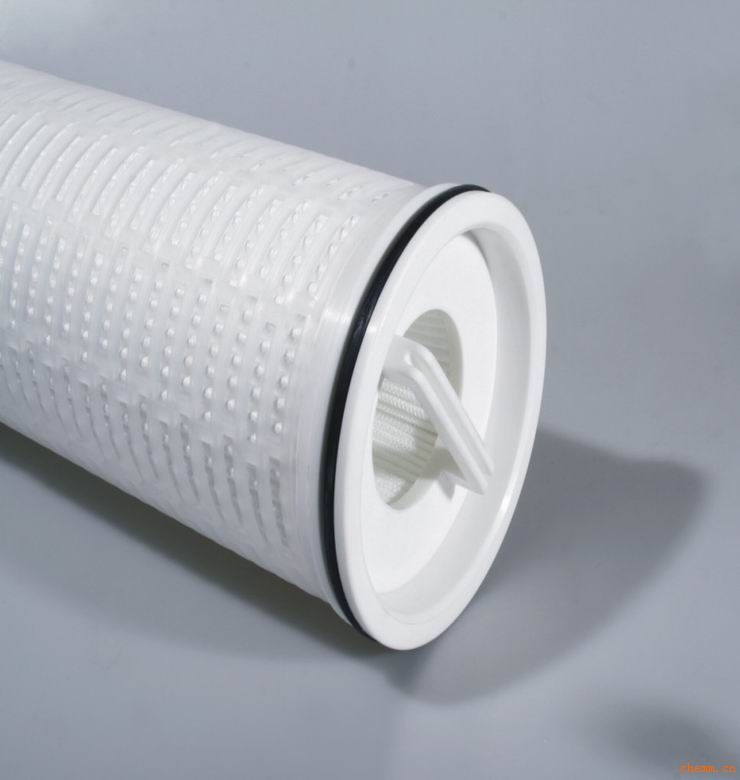
Yes! Most filter housings are designed to allow easy replacement of individual cartridges when needed. Do not attempt to repair damaged cartridges - simply purchase a replacement and install according to the manufacturer's instructions.
Other Related Products:
Shallow sand filter
High Flow Cartridge Filter
High flow filter
















